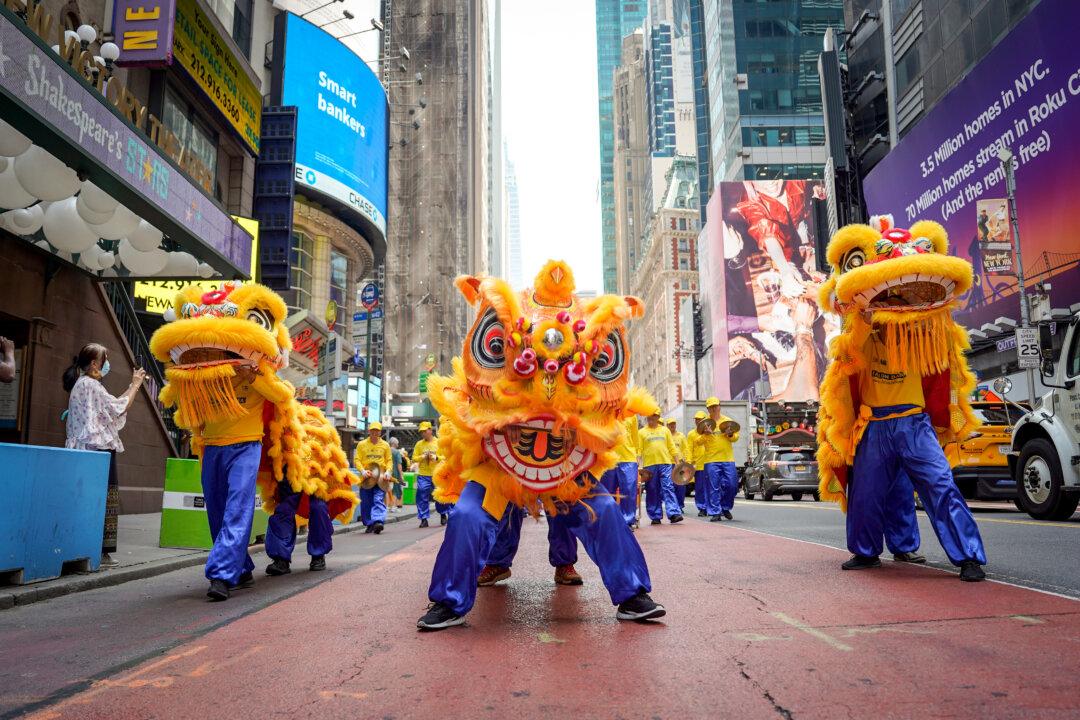The Hong Kong Parliament Electoral Organizing Committee will launch a global online election later this year and select 35 members to form the first parliament, according to Elmer Yuen, one of the founding members and advocates.
Hong Kong Parliament was established in 2022 to “serve and represent Hong Kongers on both local and global platforms.”




